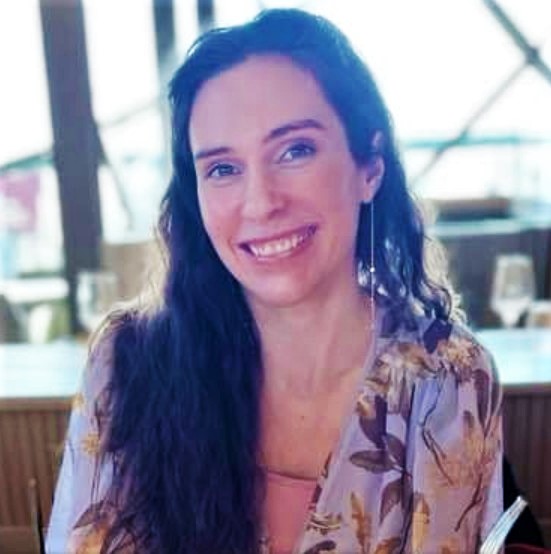
January can be rough. Coming down from the highs of the holiday season, it’s easy to lose one’s way while trying to resume daily habits.
“This time of year is challenging for many people,” said Dr. Mara Smith, a psychiatrist in the Acute Assessment Program at Waypoint Centre for Mental Health Care. “And while it’s normal to feel a little anxious or depressed with the cold weather and shorter days, it’s important to maintain a healthy routine and reach out for help if necessary.”
Dr. Smith offers five tips to help navigate January with a positive mindset:
Stay active: Physical activity releases endorphins, which can boost your mood. Go for a walk, take up yoga or dance in your living room — just find a way to move your body. Consider going to a sauna or using your hot tub. Taking a cold plunge or turning the shower to cold for a few minutes at the end of your shower can help. Try a diet soda or sparkling water instead of a sugary drink. Opt for a plant-based option instead of dairy milk in your coffee. Avoid caffeine late in the day.
Keep your mind busy: Listen to audiobooks or podcasts while driving your usual route, doing chores, getting ready for the day, exercising or walking the dog. Meditation or journalling can also reduce stress and enhance self-awareness.
Connect with loved ones: Social connections are key to mental health. Make time for friends and family, even if it’s just a quick chat or a virtual get-together.
Limit screen time: Too much screen time, especially on social media, isn’t good for your mental health. Set boundaries and take regular breaks to engage with the non-virtual world.
Try something new: Whether it’s strapping on a pair of snowshoes, attempting a different recipe or learning how to crochet, stepping outside of your comfort zone can help redirect your focus.
For those seeking additional guidance, Dr. Smith recommends the following books:
- “Outlive” by Dr. Peter Attia (or his podcast “The Drive”)
- “Waking Up” by Dr. Sam Harris (or the app by the same name)
- “Transcend: The New Science of Self-Actualization” by Dr. Scott Barry Kaufman
- “Life After Life” by Dr. Raymond Mood (for people dealing with bereavement)
If it’s more than just the January blues, adults with depression and anxiety-related conditions can access the publicly funded Ontario Structured Psychotherapy program. Learn more at www.waypointcentre.ca/programs_and_services/ontario_structured_psychotherapy.







